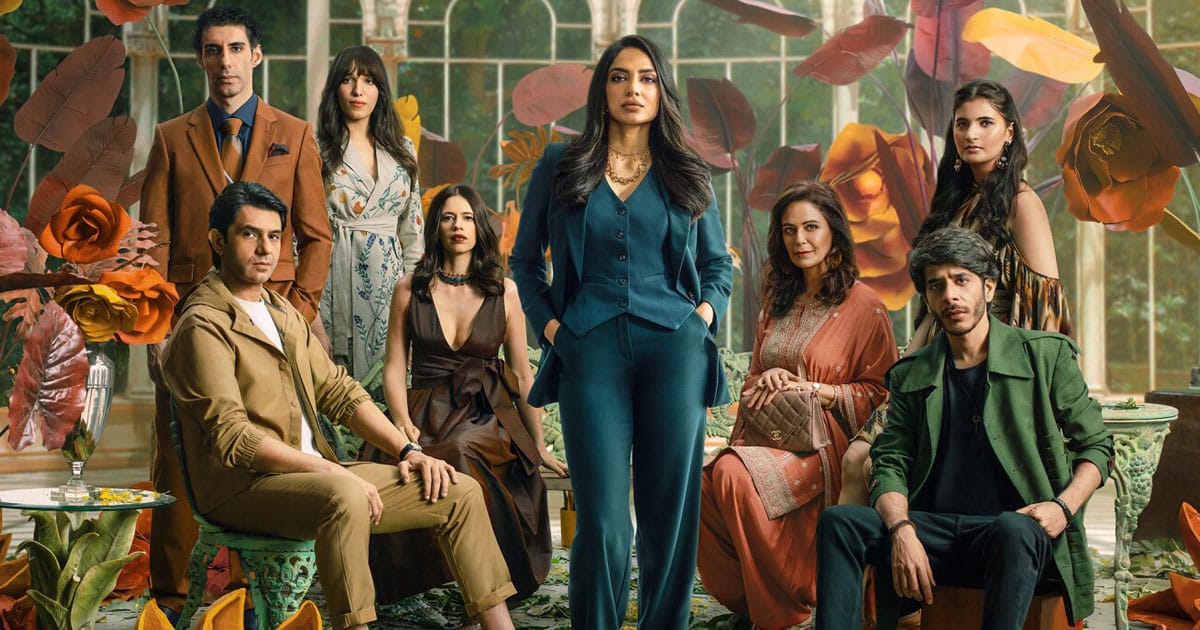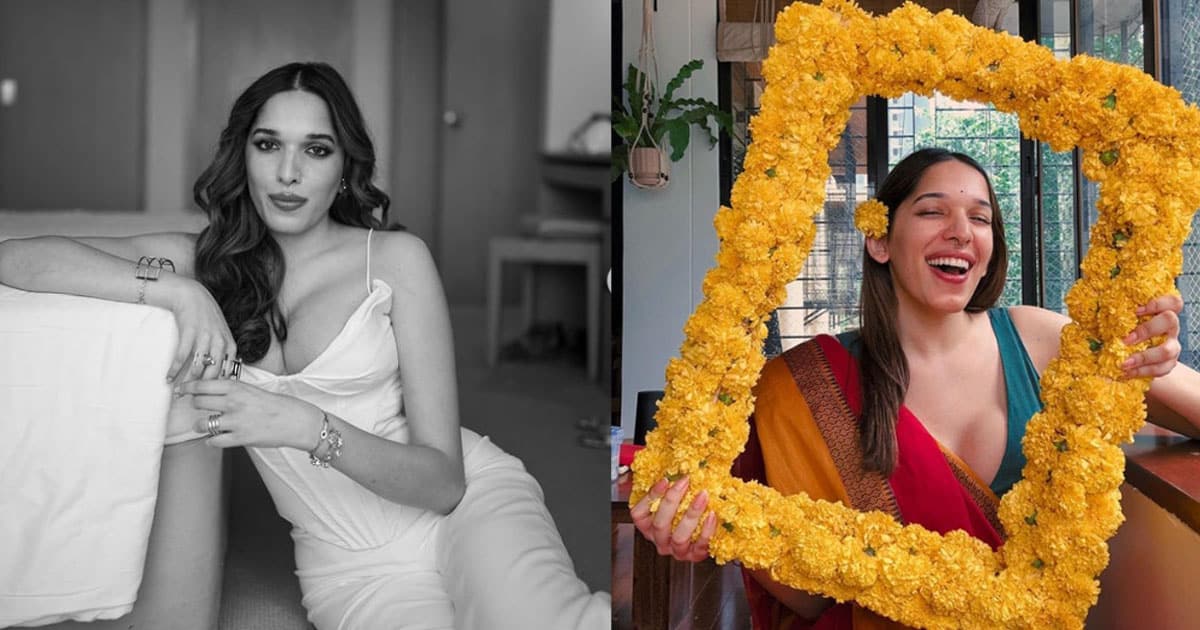As a fervent follower of Amazon Prime’s original series, Made in Heaven, I eagerly awaited its second season for four long years. The show managed to captivate its audience by delving into the often-taboo facets of Indian society through the lens of extravagant weddings.
And now, after indulging in the entire second season, I can’t help but agree with the audience who label it as “preachy.” However, in my view, this overt preachiness is exactly what made this season stand out and drive home its impactful messages.

The series continues to be anchored by Tara (Sobhita Dhulipala) and Karan (Arjun Mathur), the dynamic co-founders of the high-end wedding planning company Made in Heaven. With each episode centered around a wedding or two, the show zooms in on poignant societal issues that often remain hidden behind the facade of celebrations.
The first season laid bare the uncomfortable truths of dowry, ageism, superstition, and sexual assault. Season 2 ups the ante by addressing colorism, caste prejudice, polygamy, and domestic violence.
Audiences have voiced concerns about the overt preachiness of the show, arguing that subtlety could have been more effective. Yet, I firmly believe that subtlety wouldn’t have cut through the deeply ingrained biases that the show aimed to confront. The Indian society depicted in the series is one shackled by tradition, where discrimination based on factors like skin color and caste is rampant. In such a landscape, subtlety might have easily been lost in translation. The decision to be direct and bold in addressing these issues might come across as heavy-handed, but it’s precisely what was required to evoke genuine introspection.
One of this season’s most compelling story arcs follows Karan’s emotional turmoil. His struggle with his sexuality and his mother’s homophobic stance is portrayed with unflinching honesty. This narrative thread doesn’t tiptoe around the reality of the emotional toll it takes on Karan, resulting in reckless behavior and a downward spiral. I feel its raw depiction forces viewers to confront the consequences of intolerance head-on.
Tara’s journey, on the other hand, adds a layer of complexity by addressing marital discord, financial independence, and personal agency. Her decision to demand a larger share of her impending divorce settlement challenges the societal norm of women being passive recipients of whatever they’re offered. This storyline boldly asserts that women have the right to their fair share in relationships and life.
Witnessing Trinetra Haldar’s inclusion in the intricate tapestry of the Made in Heaven universe was a groundbreaking moment that impressed me deeply. The creators’ decision to challenge the norms and cast a trans-person to portray a character within the community itself is nothing short of revolutionary. This move sets a remarkable precedent in the realm of Indian entertainment, pushing boundaries and breaking stereotypes. The inclusion of Haldar not only adds authenticity to the portrayal but also serves as a watershed moment, signaling a more inclusive and representative future for storytelling in India.
Vijay Raaz’s transformation from a Hindi-speaking businessman to an English-speaking elite in Made in Heaven Season 2 was undoubtedly a narrative curveball that required some adjustment. The stark shift in his linguistic and social identity could indeed be a challenge to embrace within the storyline fully.
As I delved into the world of Made in Heaven Season 2, I couldn’t help but marvel at the intricate tapestry of costumes that adorned each character. Bhawana Sharma’s meticulous craftsmanship was evident as she navigated the challenge of dressing characters for both everyday moments and extravagant wedding sequences.
While some might argue that the show’s overt messaging detracts from its entertainment value, I believe it only enhances it. Made in Heaven Season 2 strikes a delicate balance between social commentary and captivating storytelling. It’s a testament to the creators’ ability to weave relevant issues into the narrative without compromising the series’ engaging essence.
The second season of Made in Heaven might wear its preachiness on its sleeve, but in a society that often averts its gaze from uncomfortable truths, this approach is not only justified but essential.
Made in Heaven Season 2 is now streaming on Amazon Prime Video.



